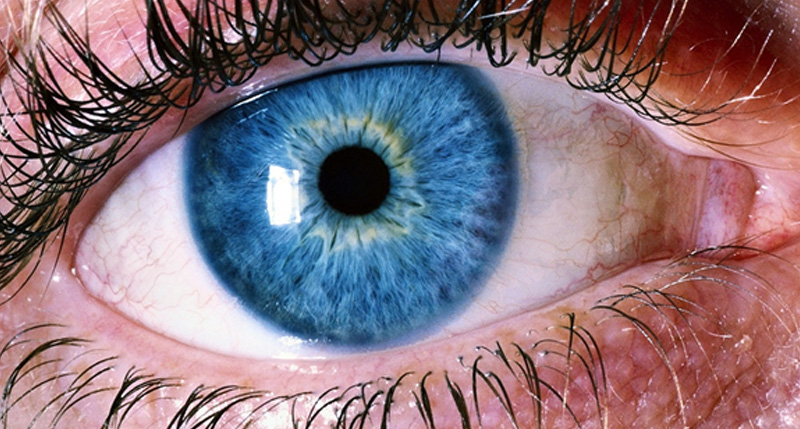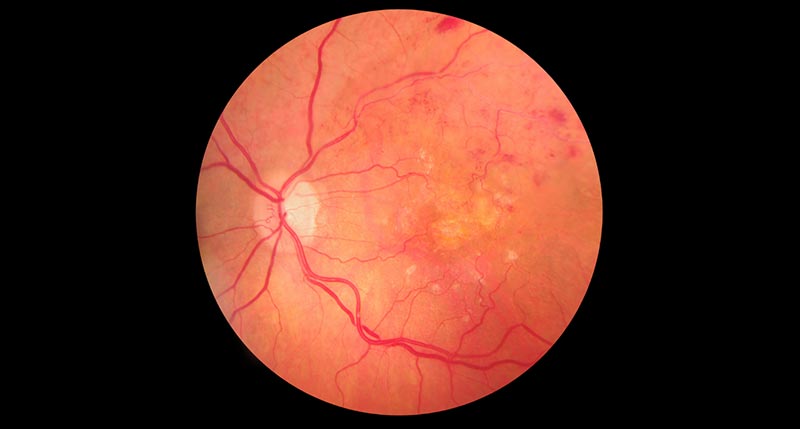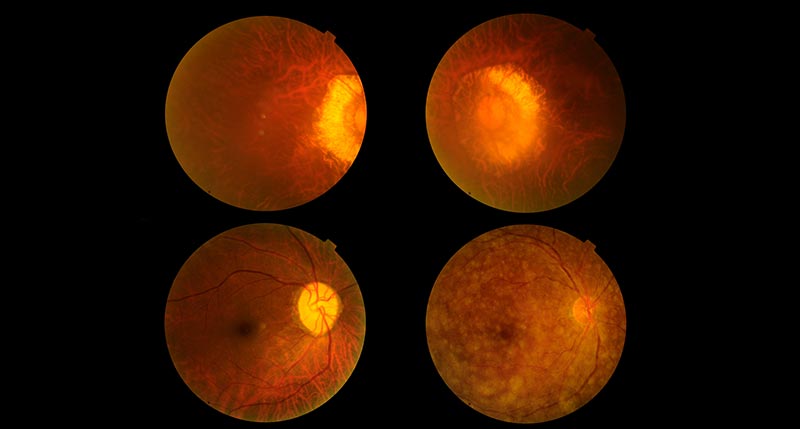We explored the critical role the retina plays in maintaining healthy vision in our previous blog post and offered lifestyle adjustments that promote retinal health for you and your family. Here’s a brief recap: eat lots of orange veggies (carrots, sweet potatoes, apricots, peaches) in addition to those leafy greens (kale, broccoli, spinach), protect your eyes from UV rays every day, and exercise regularly.
While these changes can support overall retinal health, there are still serious potential problems that can impact the retina and therefore your vision. Retinal detachment is one of them.
What is a Retinal Detachment?
The retina is a delicate layer of tissue in the back of the eye that communicates with the optic nerve to provide visual signals to the brain. When the retina becomes detached from the wall of the eye, it is separated from its normal position and can suffer from a loss of blood flow leading to tissue death. This condition can severely and permanently impact vision if it isn’t detected and repaired—fast!
To better understand the condition, picture retinal detachment as similar to wallpaper coming unglued and peeling from a wall. It can start out with just a small piece detaching, which might cause some small pieces of wallpaper to flutter to the floor. In the eye, when the retina becomes detached, a person might notice the sudden onset of more “floaters” in their field of vision.
If the retinal detachment worsens or is more severe to begin with, a person may see flashing lights, dark shadows or experience a “curtain effect” of the eye where the central vision is darkened. This is because the retina is detached from its normal position and isn’t able to process and receive light correctly to send visual signals to the brain.
Symptoms of a Retinal Detachment
– Noticeable increase in the number of “floaters”
– Flashing lights
– Shadow or curtain effect on vision
The severity of the symptoms often parallels the severity of the retinal detachment.
These symptoms are critical warning signs and should be heeded: If you experience a sudden change to your vision, a noticeable increase in floaters, flashing lights or a sharp darkening of your vision, call your optometrist immediately to have the condition diagnosed. Time is critical when it comes to preserving vision during a retinal detachment, because the condition can lead to retinal tissue death and irreversible blindness.
Risk factors for Retinal Detachment
- Lattice degeneration: a thinning of peripheral retina tissue
- Extreme near-sightedness, in which the eye is often elongated and more prone to retinal detachment
- Aging: retinal detachments are more common after age 40
- Family history of retinal tears or retinal detachment
- Previous retinal detachment
- Eye surgeries, including cataract surgery
- Trauma
Treatment for Retinal Detachment
Retinal detachment is a medical emergency that warrants immediate action for diagnosis and treatment.
Treatment involves re-attaching the retina to the back wall of the eye so that it can regain its normal position and blood supply. If there is a hole or tear involved, that must be repaired. Because there are several causes of retinal detachments, there are multiple ways to treat them, both surgically and with lasers, depending on the severity and cause of the condition.
A retinal specialist will determine which approach is ideal for each case. The good news is that retinal detachment repair is successful in approximately 9 out of 10 patients.
Whether the patient will recover the same clarity of vision that he or she enjoyed prior to the retinal detachment depends on each individual’s health and other risk factors. Generally speaking, most patients regain vision similar to what they enjoyed pre-surgically, though there is always a possibility for some degree of permanent loss of vision.
If left untreated, retinal detachment will almost always result in permanent blindness.
If you experience significant changes to your vision or see flashing or increased floaters and suspect a retinal detachment, call our office immediately so we can guide you about where to receive the best possible care as fast as it can possibly be given.





